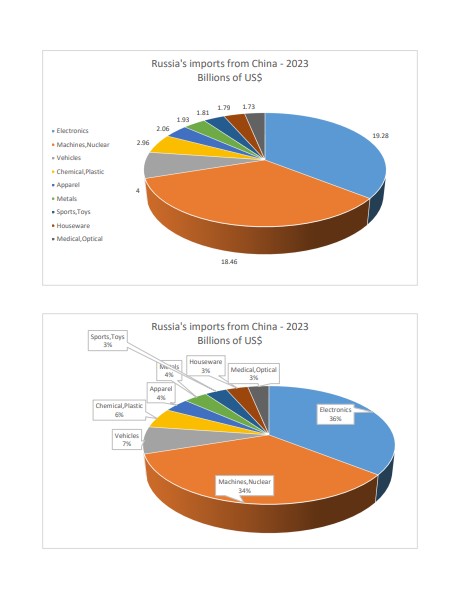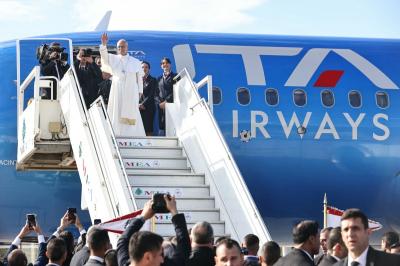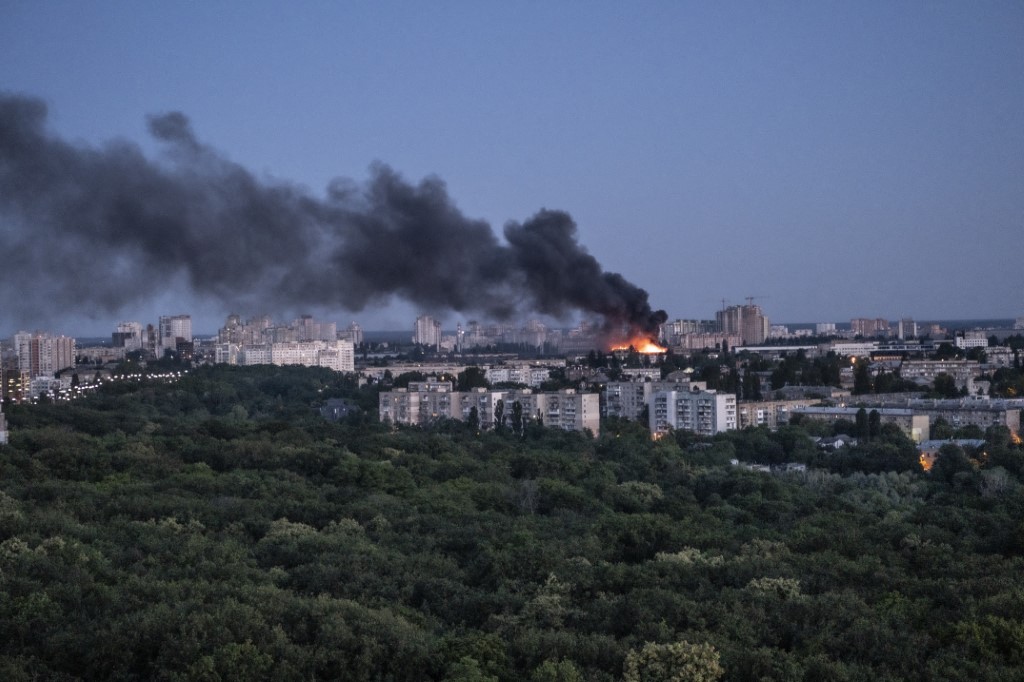China's stance on Russia's invasion of Ukraine has been the subject of intense scrutiny and debate worldwide. While Beijing officially maintains a position of neutrality and calls for peace, its actions and rhetoric reveal a more complex and calculated approach. The prevailing theory is that China benefits from prolonging the conflict, preferring neither a decisive Russian victory nor defeat. This theory reflects the nuanced reality of China's strategic interests.
Official Rhetoric: Peace Advocate, Impartiality
When Russia set on changing the geopolitical balance by attempting to topple the government in Kiev in February 2022, China has consistently called for a negotiated settlement, urging all parties to seek a peaceful resolution. Top Chinese officials have repeatedly stated that China supports "all efforts conducive to peace" and that its position is "objective, impartial, rational, and pragmatic." At international forums, including the United Nations and the G20, China has reiterated its support for peace talks and has occasionally voted in favor of resolutions calling for an end to the conflict.
However, China has also abstained from votes that would explicitly condemn Russia or demand its unconditional withdrawal from Ukraine, signaling a reluctance to alienate Moscow. Beijing's official communications emphasize respect for Ukraine's territorial integrity but stop short of directly criticizing Russia's actions.
Actions Speak Louder
Despite its neutral rhetoric, China's actions have tilted toward supporting Russia, especially in the economic and technological spheres. As Western sanctions have isolated Russia, China has become a crucial economic lifeline, increasing trade, providing critical components, and undermining the effectiveness of international sanctions. Reports from NATO and other Western sources highlight China's role in supplying dual-use technologies, such as microelectronics, which are vital for Russia's military production.
There have also been allegations—denied by Beijing—of Chinese entities providing gunpowder, artillery components, and even drones or drone technology to Russia. While China insists it does not supply lethal weapons to either side, the transfer of dual-use goods and the deepening of economic ties have been essential in sustaining Russia's war effort.
Strategic Calculations: Prolonged War?
China's support for Russia is rooted in a broader strategic calculus shaped by its rivalry with the United States and the West. Several core interests underpin China's approach:
- Weakening the West: The war in Ukraine ties up U.S. and European resources, attention, and political capital. A prolonged conflict distracts and divides the West, limiting its capacity to focus on the Indo-Pacific and counter China’s rise.
- Preserving the Putin Regime: Beijing views the stability of Putin's regime as essential for maintaining a friendly, anti-Western power on its northern border. A Russian defeat could destabilize the Kremlin, potentially leading to a regime less aligned with China or more susceptible to Western influence.
- Avoiding Russian Hegemony: At the same time, China does not want Russia to achieve a decisive victory that would embolden Moscow or alter the European security order in unpredictable ways. A weakened, dependent Russia is more pliable and useful to Beijing’s interests.
- Testing the Alliance: The war has become a test of the Sino-Russian partnership, with both sides deepening cooperation in opposition to U.S. dominance. Joint statements and high-level meetings underscore their shared vision for a “new world order” not dominated by the West.
Diplomatic Maneuvering: Strategic Ambiguity
China's diplomatic approach is characterized by strategic ambiguity. On one hand, Beijing signals support for peace and maintains dialogue with Ukraine, occasionally reaffirming respect for Ukrainian sovereignty. On the other, it aligns itself rhetorically and materially with Russia, echoing Kremlin narratives about the "root causes" of the conflict and blaming Western "interference."
Recent high-level meetings between Xi Jinping and Vladimir Putin have produced joint statements that closely mirror Russian talking points, including opposition to NATO expansion and U.S. "bullying." The two leaders have pledged to deepen cooperation in all areas, including military matters, and to coordinate efforts against what they describe as Western containment strategies.
There have been persistent reports of Chinese nationals fighting for Russia and Chinese companies providing military-related goods. Beijing has denied any official involvement, insisting that it instructs its citizens to avoid conflict zones and refrains from supplying lethal aid. Nonetheless, Ukrainian intelligence and Western sources assert that they have documented cases of Chinese nationals in Russian armed forces and Chinese components in Russian weaponry.
Does China Favor Protracted War?
The evidence suggests that China's interests are indeed best served by a prolonged conflict that avoids a clear outcome. Beijing does not want Putin to lose, as this would destabilize a key partner and embolden the West. Nor does it want Putin to win decisively, which could upset the balance of power in Eurasia and reduce Russia's dependence on China.
Instead, China benefits from a drawn-out war that weakens both Russia and the West, increases Moscow's reliance on Beijing, and distracts the United States from the Indo-Pacific. This approach allows China to expand its influence, test its alliance with Russia, and shape the emerging global order to its advantage.

Please post your comments on:
comment@alsafanews.com
 Politics
Politics














